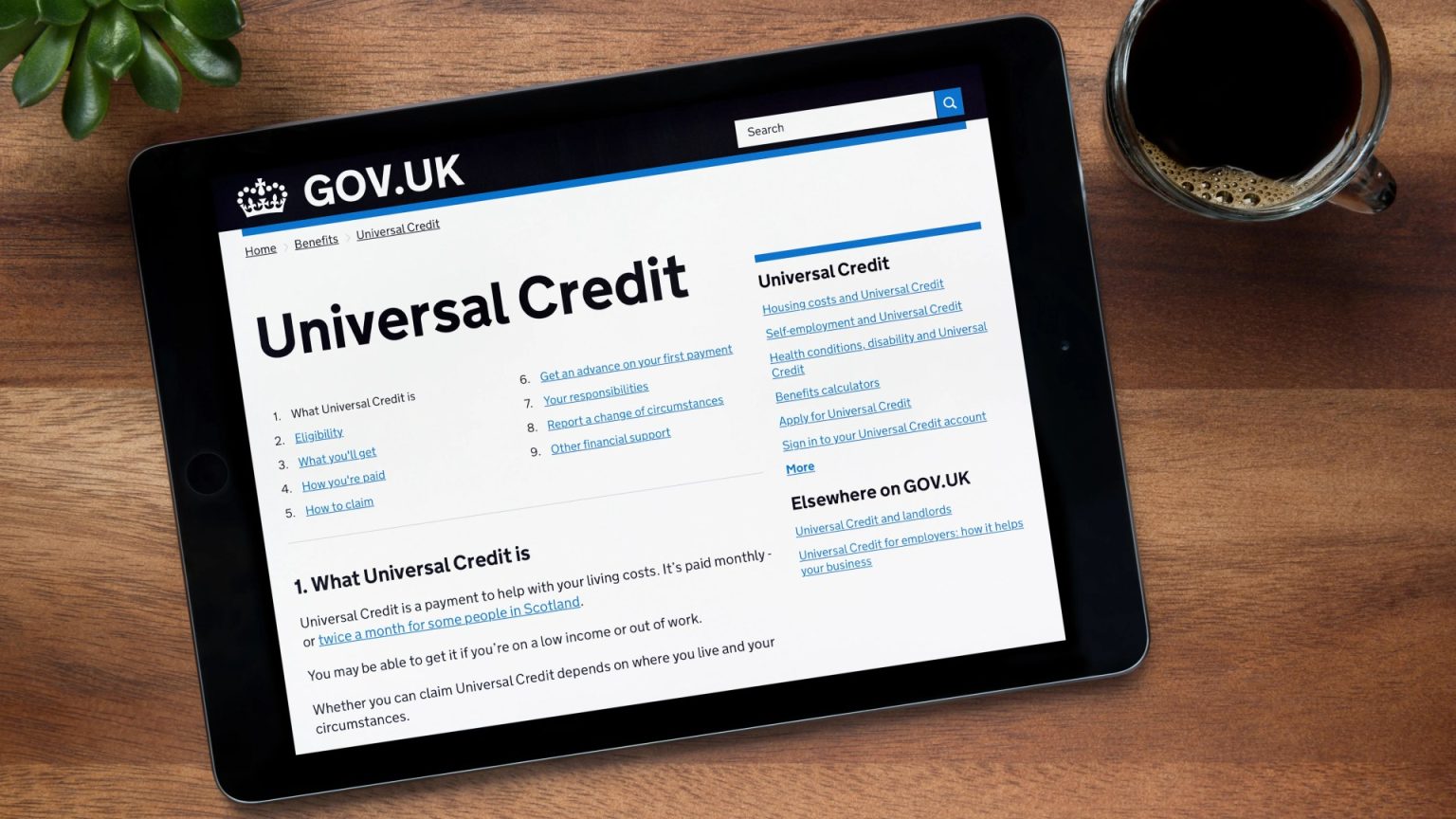Financial Assistance Programs for Low-Income Individuals and Families in 2025
Navigating finances can be challenging, particularly for those on a low income or receiving benefits. Fortunately, numerous assistance programs are available to alleviate financial burdens. These programs offer support with various expenses, including energy bills, broadband, council tax, childcare, rent, water bills, healthcare, travel, school uniforms, and food.
Energy Bill Assistance: The Warm Home Discount scheme provides a £150 discount on energy bills for eligible individuals, including those receiving Pension Credit and Universal Credit. Several energy suppliers also offer hardship funds and grants to help customers manage their energy costs. These grants can range up to £1,500 and do not require repayment. Additionally, the Household Support Fund provides assistance with essential costs, including energy bills, and the eligibility criteria and support amounts vary by local council.
Broadband and Council Tax Relief: Low-income individuals and families may qualify for free or discounted broadband through social tariffs offered by various suppliers. These tariffs can save an average of £200 per year. Discounts on council tax are also available for those on low incomes or receiving benefits, and the amount of discount depends on the local council. In some cases, council tax bills can be reduced to zero.
Cold Weather and Rent Support: Cold Weather Payments of £25 are automatically issued to eligible individuals, including those on Universal Credit and Pension Credit, when temperatures fall below zero for seven consecutive days between November 1 and March 31. For those struggling to cover rent, Discretionary Housing Payments (DHPs) offer additional financial assistance. DHP amounts are determined on a case-by-case basis by local councils.
Childcare, Pregnancy, and School Uniform Support: The Sure Start Maternity Grant offers a one-off payment of £500 to help with the costs of having a child. Eligible individuals include those expecting their first child or expecting multiple births while already having children. Universal Credit claimants can receive refunds on up to 85% of childcare costs, and additional childcare support options are available, such as free childcare for two-year-olds and up to 30 hours of free childcare for eligible families. Grants for school uniforms are also offered by local councils, with varying amounts and eligibility criteria based on location.
Healthcare, Travel, and Gym Membership Discounts: Free prescriptions are available for individuals meeting specific criteria, such as those receiving certain benefits or those under 20 and dependent on someone receiving qualifying benefits. The NHS Low Income Scheme provides financial assistance for healthcare costs, including dental treatment, glasses, contact lenses, and travel expenses. Universal Credit claimants searching for employment may qualify for a 50% discount on bus and train fares with the Jobcentre Plus travel card. Discounted gym memberships may also be available through local councils or leisure centres.
Food and Savings Support: The Healthy Start Scheme provides eligible families with a pre-paid card for purchasing fresh fruit, vegetables, and milk. Eligibility includes pregnant women and families with children under four receiving Universal Credit or Tax Credits. Free school meals are available for children in reception, year one, and year two, regardless of household income. Older children may also qualify for free school meals if their families receive certain benefits. The Help to Save account allows Universal Credit claimants to save between £1 and £50 monthly and receive a 50% bonus on their savings from the government. This can accumulate to a £1,200 bonus over four years. Many of these programs vary by location and eligibility requirements. Checking with your local council or relevant organizations is important to determine your specific eligibility and access available support.


